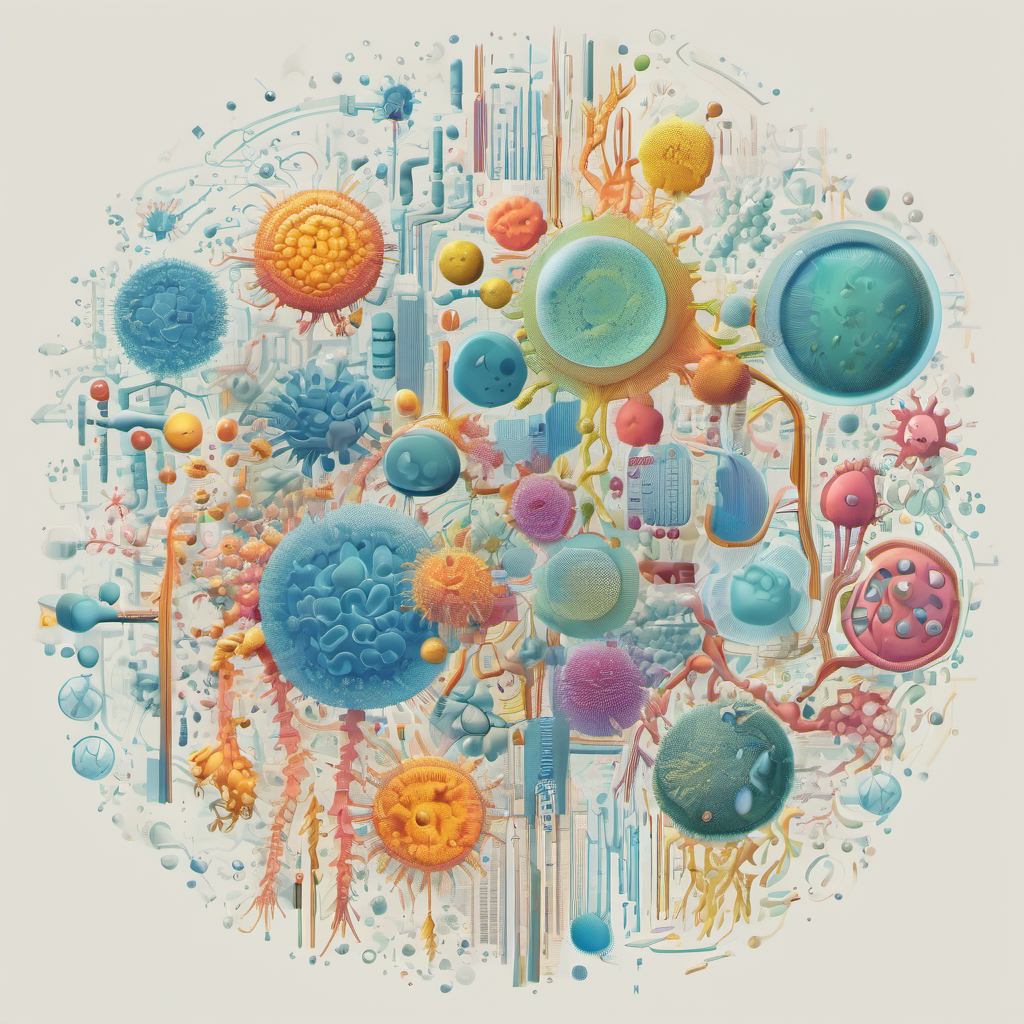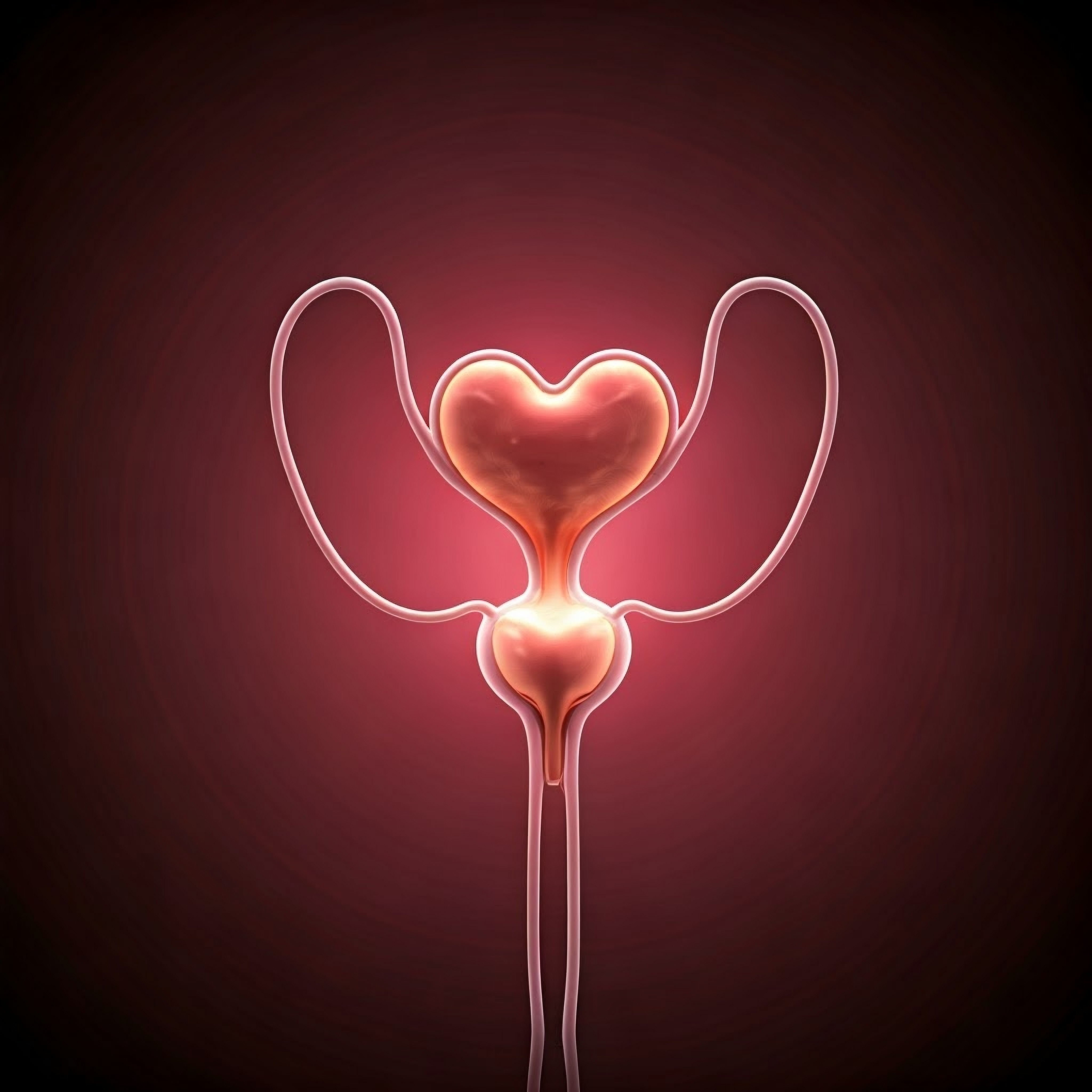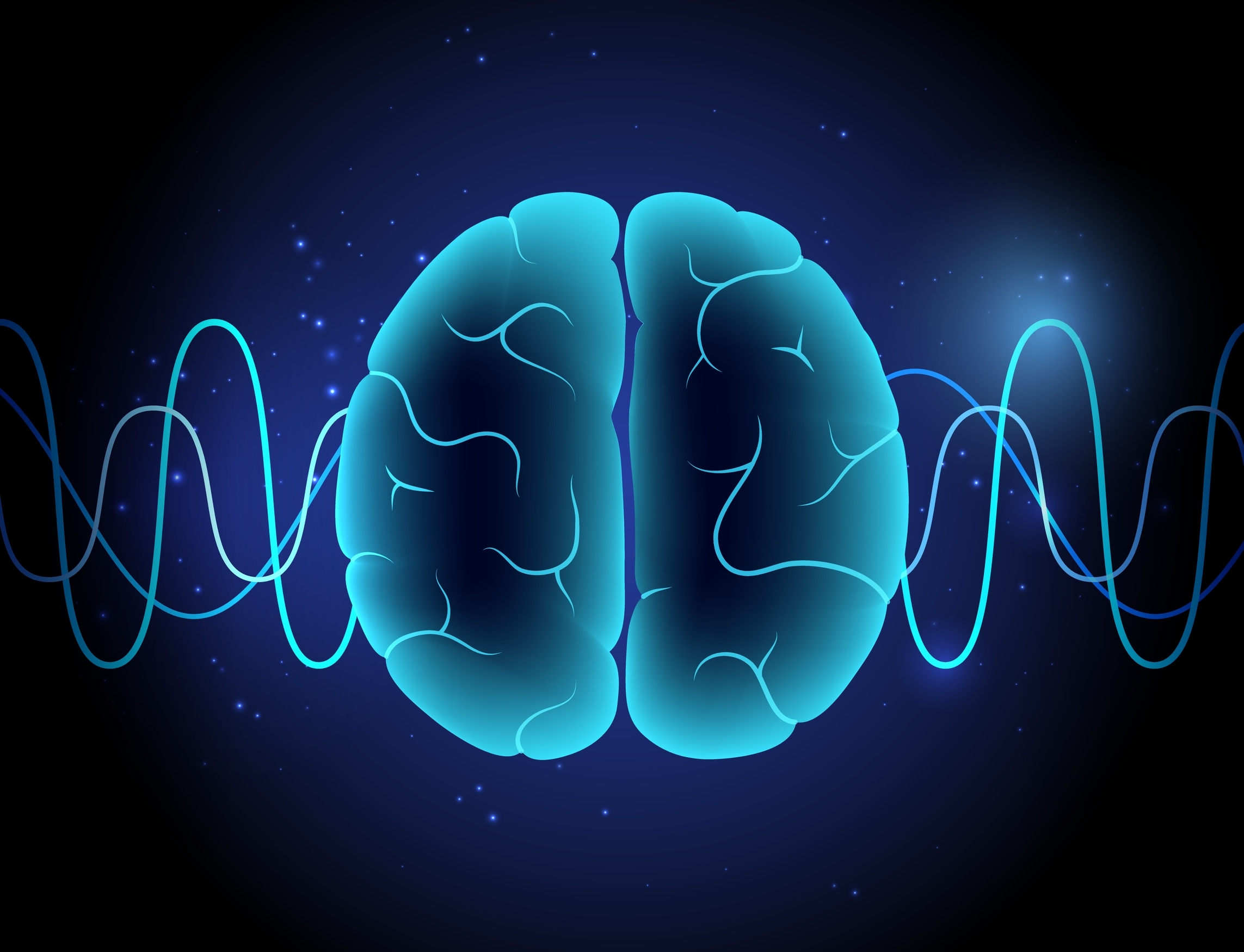Restore Your Microbiome and Optimize Your Health with the Help of Quantum Integrative Medicine Biofeedback
from Dr. Violetta Anninou, Ph.D. Molecular Biologist with HONORS, University of Delaware, U.S.A.
We all have a unique microbiome that plays a key role in our health. Just like no two fingerprints are the same, each person’s gut microbiome is totally unique.
The gut microbiome has many functions such as:
• extracting nutrients from food
• digesting fiber and proteins from food
• making vitamins B and K
• shaping the immune system
• protecting the body from pathogens
• modulating the nervous system
Your gut microbiome is the collection of all the genetic material from the microorganisms in your gut such as bacteria, fungi, and viruses that naturally live on our bodies. In a healthy body, pathogenic and symbiotic microbiota coexist without problems. But if there is a disturbance in that balance brought by infectious illnesses, highly processed diets, or the overuse of antibiotics, this can create chaos in our microbiome. An unbalanced microbiome can create many health problems such as anxiety, depression, Parkinson Disease, Alzheimer, autism, diarrhea, constipation, obesity, auto immune diseases and many other stress related diseases.
In total, scientists estimate that there are around 3 million genes in the gut microbiome. The gut microbiome effects are everywhere in the body. We have to look at the microbiome integratively because it is dynamic and changes.
There are many factors that affect the microbiome such as
• geographical location,
• genetics,
• diet,
• lifestyle,
• exercise
• Method of delivery at birth
• Infant feeding
• Infections
• Medications
• Stress
• Sleep
Chronic stress can disturb the gut balance of the microbiome. As a consequence there is an increase in the bad bacteria and a reduction of the good bacteria which leads to gastrointestinal illnesses. Your microbes turn fiber into molecules, or metabolites, such as short-chain fatty acids. These metabolites are essential for your gut health, blood sugar, blood fat control, appetite control, nervous system and the immune system. 70-80% of immune cells are present in the microbiome.
The emotions that we have and how we manage them affects the gut microbiome, and the health of the microbiome influences how we feel. There is a relationship between the gut-brain axis that affects physical health. The good bacteria produce chemicals which shape our brain chemistry and this affects our mood such as the neurotransmitter serotonin which is our happy hormone. The gut provides between 90 and 95 percent of the body’s serotonin.
With the aid of Quantum Integrative Medicine Biofeedback you can detect your stress, reduce your stress and manage your stress to help restore, reset and reprogram the health of your microbiome, optimize your health, your metabolism and manage your weight so that you have optimal nutrient absorption, an increase in energy levels, improvement of your mood, increase in your mental clarity as well as sharper memory.
With Quantum Integrative Medicine Biofeedback we can identify the root causes with a 16 to 66 page report according to your individual energetic needs, to balance your gut issues while incorporating nutrition strategies to eliminate the harmful bacteria and bring back the beneficial bacteria with at least a four to eight week plan in order to maintain your long-term health and well-being. This not only pin points the causes to many diseases, anxiety and depression but also the gut microbiota aids in the production of the neurotransmitters such as oxytocin (the bonding hormone), endorphins and dopamine which play a key role for better brain health, anti-aging, weight loss, mental clarity, and restful sleep.
References
The microbiome. (2017, August 16). The Nutrition Source. https://nutritionsource.hsph.harvard.edu/microbiome /
What is the healthy gut microbiota composition? a changing ecosystem across age, environment, diet, and diseases. (2019). Microorganisms, 7(1). https://doi.org/10.3390/microorganisms7010014
Lutz, K. C., Jiang, S., Neugent, M. L., De Nisco, N. J., Zhan, X., & Li, Q. (2022). A survey of statistical methods for microbiome data analysis. Frontiers in Applied Mathematics and Statistics, 8. https://doi.org/10.3389/fams.2022.884810
Sterbenz, C. (2023, June 30). What is the gut microbiome—and how can it affect your health? Premium. https://www.nationalgeographic.com/premium/article/microbiome-gut-health-explained




